The Role of Vitamins and Supplements in Fertility

When you're trying to conceive, understanding how your body works—and how to support it—can make all the difference. While a healthy diet and lifestyle are foundational, certain vitamins and supplements can play a significant role in enhancing fertility for both women and men.
When you're trying to conceive, understanding how your body works—and how to support it—can make all the difference. While a healthy diet and lifestyle are foundational, certain vitamins and supplements can play a significant role in enhancing fertility for both women and men. At Reproductive Centers of America (RCA), we encourage a personalized, science-backed approach to nutritional support on the path to parenthood.
Why Supplements Matter in Fertility
Fertility is a complex interplay of hormones, egg and sperm quality, uterine health, and timing. Micronutrients—vitamins, minerals, and antioxidants—support these processes at the cellular level. They regulate ovulation, protect eggs and sperm from oxidative stress, and contribute to hormone balance and implantation readiness.
But here's the key: supplements should complement a nutrient-dense diet, not replace it. They’re most effective when tailored to your unique needs and used under professional guidance.
Key Vitamins and Supplements for Female Fertility
1. Folic Acid (Folate)
A must-have. Folic acid supports early fetal development and reduces the risk of neural tube defects. It may also support ovulation and egg quality.
✔️ Suggested dose: 400–800 mcg daily (sometimes higher with MTHFR mutation)
2. Vitamin D
Low vitamin D levels are common—and associated with poor fertility outcomes, including ovulatory dysfunction and miscarriage risk.
✔️ Aim for levels between 40–60 ng/mL; dosage varies based on deficiency.
3. CoQ10 (Coenzyme Q10)
A powerful antioxidant shown to improve egg quality, especially in women over 35.
✔️ Typical dose: 200–600 mg daily (ubiquinol form preferred).
4. Omega-3 Fatty Acids (DHA/EPA)
Support hormone production, reduce inflammation, and may improve embryo implantation.
✔️ Choose a purified fish oil with at least 500 mg combined DHA/EPA.
5. Iron & B12
Essential for healthy ovulation and preventing anemia. Vegan diets may require supplementation.
✔️ Check levels before supplementing excessively.
Key Supplements for Male Fertility
1. Zinc
Vital for sperm count, motility, and testosterone production.
2. Selenium
Supports sperm shape and function; antioxidant benefits for DNA protection.
3. L-Carnitine
Improves sperm motility and overall quality.
4. CoQ10
Also beneficial for sperm health, just as it is for egg quality.
5. Vitamin C & E
Help reduce oxidative damage to sperm, which can impact fertilization and embryo development.
Are Fertility Supplements Right for You?
While many over-the-counter products are marketed as fertility boosters, not all are created equal. Quality, dosage, and bioavailability vary widely. That’s why it’s important to:
- Choose supplements that are third-party tested
- Avoid mega-doses without medical supervision
- Consider testing nutrient levels before starting certain vitamins
- Be cautious with herbal blends unless guided by a fertility specialist
RCA’s Approach to Nutritional Support
At RCA, we integrate nutritional optimization into every fertility plan. Our physicians and care coordinators will review your labs, assess your diet, and make supplement recommendations backed by evidence and tailored to your body’s needs.
We also collaborate with licensed nutritionists and reproductive acupuncturists when needed, creating a holistic, ethical, and deeply supportive environment.
Why Supplements Matter in Fertility
Fertility is a complex interplay of hormones, egg and sperm quality, uterine health, and timing. Micronutrients—vitamins, minerals, and antioxidants—support these processes at the cellular level. They regulate ovulation, protect eggs and sperm from oxidative stress, and contribute to hormone balance and implantation readiness.
But here's the key: supplements should complement a nutrient-dense diet, not replace it. They’re most effective when tailored to your unique needs and used under professional guidance.
Key Vitamins and Supplements for Female Fertility
1. Folic Acid (Folate)
A must-have. Folic acid supports early fetal development and reduces the risk of neural tube defects. It may also support ovulation and egg quality.
✔️ Suggested dose: 400–800 mcg daily (sometimes higher with MTHFR mutation)
2. Vitamin D
Low vitamin D levels are common—and associated with poor fertility outcomes, including ovulatory dysfunction and miscarriage risk.
✔️ Aim for levels between 40–60 ng/mL; dosage varies based on deficiency.
3. CoQ10 (Coenzyme Q10)
A powerful antioxidant shown to improve egg quality, especially in women over 35.
✔️ Typical dose: 200–600 mg daily (ubiquinol form preferred).
4. Omega-3 Fatty Acids (DHA/EPA)
Support hormone production, reduce inflammation, and may improve embryo implantation.
✔️ Choose a purified fish oil with at least 500 mg combined DHA/EPA.
5. Iron & B12
Essential for healthy ovulation and preventing anemia. Vegan diets may require supplementation.
✔️ Check levels before supplementing excessively.
Key Supplements for Male Fertility
1. Zinc
Vital for sperm count, motility, and testosterone production.
2. Selenium
Supports sperm shape and function; antioxidant benefits for DNA protection.
3. L-Carnitine
Improves sperm motility and overall quality.
4. CoQ10
Also beneficial for sperm health, just as it is for egg quality.
5. Vitamin C & E
Help reduce oxidative damage to sperm, which can impact fertilization and embryo development.
Are Fertility Supplements Right for You?
While many over-the-counter products are marketed as fertility boosters, not all are created equal. Quality, dosage, and bioavailability vary widely. That’s why it’s important to:
- Choose supplements that are third-party tested
- Avoid mega-doses without medical supervision
- Consider testing nutrient levels before starting certain vitamins
- Be cautious with herbal blends unless guided by a fertility specialist
RCA’s Approach to Nutritional Support
At RCA, we integrate nutritional optimization into every fertility plan. Our physicians and care coordinators will review your labs, assess your diet, and make supplement recommendations backed by evidence and tailored to your body’s needs.
We also collaborate with licensed nutritionists and reproductive acupuncturists when needed, creating a holistic, ethical, and deeply supportive environment.









